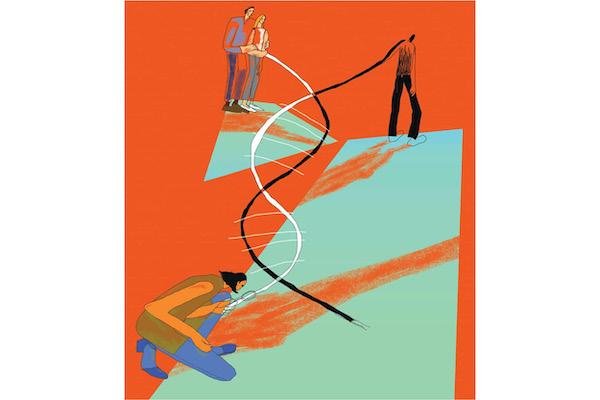
Panelists include:
- Katrina Claw (Division of Biomedical Informatics and Personalized Medicine, University of Colorado Anschutz Medical Campus)
-
Matthew Anderson (Department of Microbiology, OSU)
- Daniel Rivers (Department of History, Director of American Indian Studies, OSU)
Recently, genomic research has allowed us to take great strides in predicting disease susceptibility and optimizing treatments. However, Indigenous peoples, including American Indians, Alaska Natives, and Native Hawaiians, remain underrepresented and understudied in genetic and clinical health research and so are less likely to benefit from these important advances. Given past violations of research ethics, lack of community engagement and transparency, many members of indigenous communities are unwilling to share personal health information, including DNA, with the research community. How should researchers approach these communities in ways that build trust, foster collaboration, and support equitable outcomes?
The Center for Ethics and Human Values' CARE program is co-sponsored by the Office of Research with support from the OSUMC Center for Bioethics and the College of Public Health.
illustration credit: Hannah Ekua Buckman
